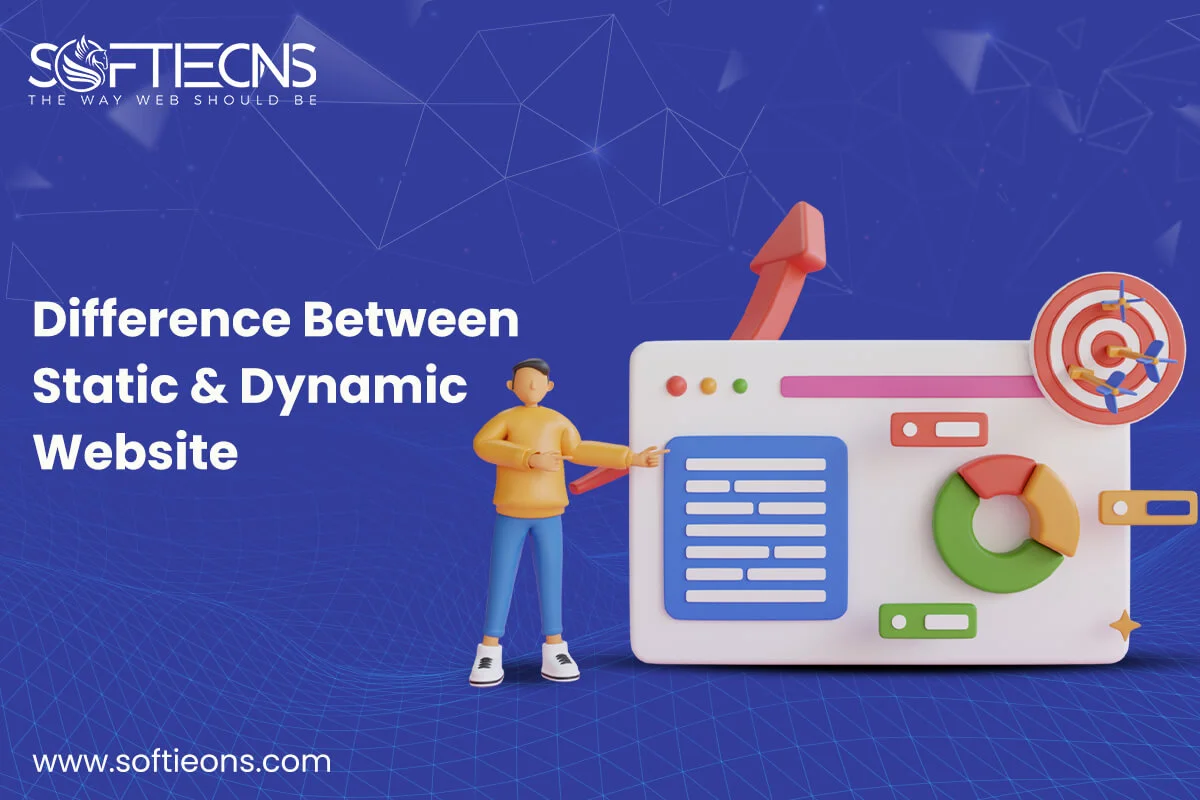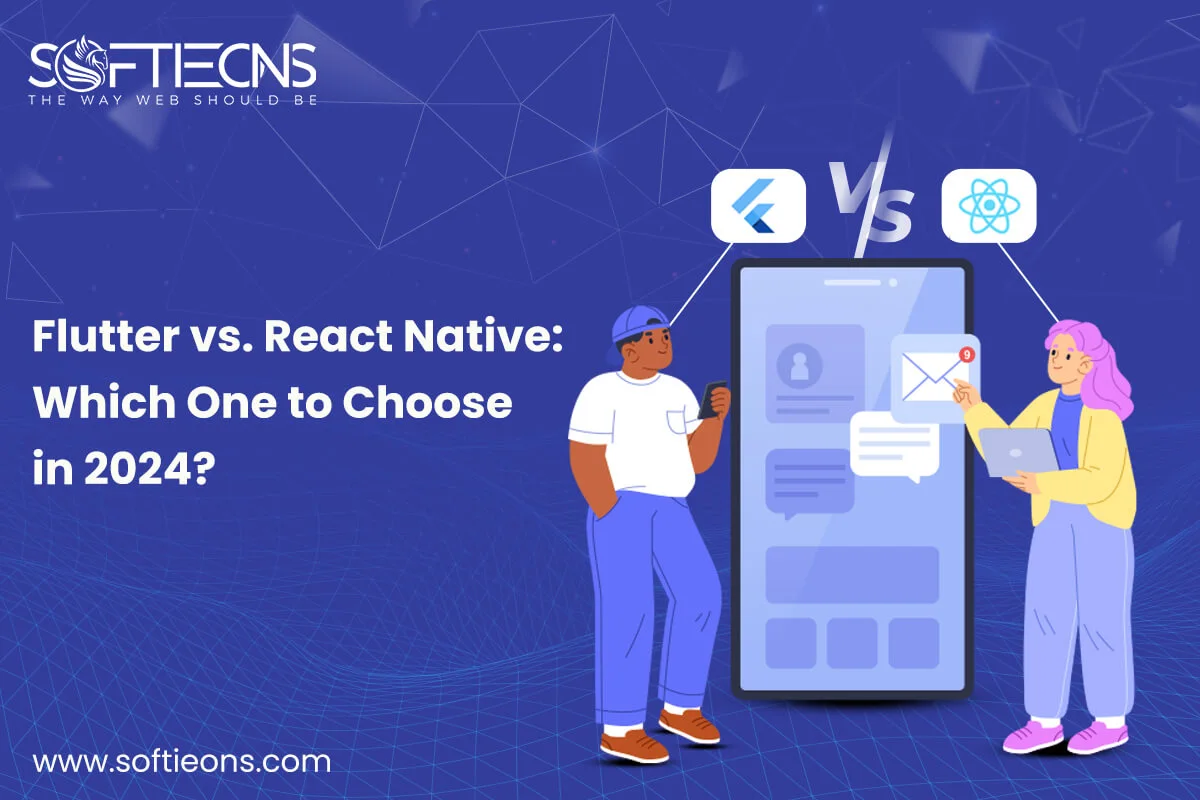Search Intent Keywords Implementation for Better Ecommerce Results
Sat, 10 Apr 2021
There is a purpose behind any online quest – the details they’re searching for, the commodity they want to purchase, or the utility they want to use. If you are trying to boost the performance of your eCommerce PPC and SEO activities, you can build and refine your content utilizing keywords of the search intent of your customers and prospective buyers.
Keyword aim is one of the most critical aspects of SEO and paying quest, to explain. That’s why you should know how to define it correctly and make the most of it.
What Does Search Intent Mean?
Search aim is the cause, intention, or target of search engine users as they seek to locate relevant information. It may either be fresh content, a unique platform, product, or some other outcome that would suit their needs.
Search engines such as Google have a goal to organize and provide their users with appropriate, usable, and valuable knowledge, either through paying or organic search results.
Types of Search Intent
Online retailers, marketing creators, SEO, and PPC experts need to make appropriate and usable information accessible to their future customers. Knowing the search intent of the user groups, and identifying and differentiating them, is critical. There are four forms of search intent, in short: informational, commercial, transactional, and navigational.
Conclusion
To sum up, if you want to ensure that your pages or advertisements rank high and are important to the intention of the quest, make sure that you give the answers as per the potential customers.
You need to recognize their purpose to do so and customize the advertising or material on the sites. A consistent post, structured titles, and headings for the website, appropriate link notes, product photos, and visual reviews would certainly help you produce better performance.
POPULAR POSTS
Shopify vs. WordPress: Which one is best for e-commerce?
Wed, 07 Apr 2021Role of IoT in the Real Estate Industry
Wed, 14 Apr 2021Why UX And UI Is Important For Mobile Application Development
Sat, 01 May 2021Telemedicine's Advantages in Nursing Homes
Fri, 24 Dec 2021RECENT POSTS
Difference Between Static Website And Dynamic Website
Wed, 24 Apr 2024Flutter vs. React Native: Which One to Choose in 2024?
Mon, 22 Apr 2024Exploring the Benefits of Professional Website Design Companies
Fri, 29 Mar 2024Understanding The Role Of Web Design Firms
Fri, 22 Mar 2024









